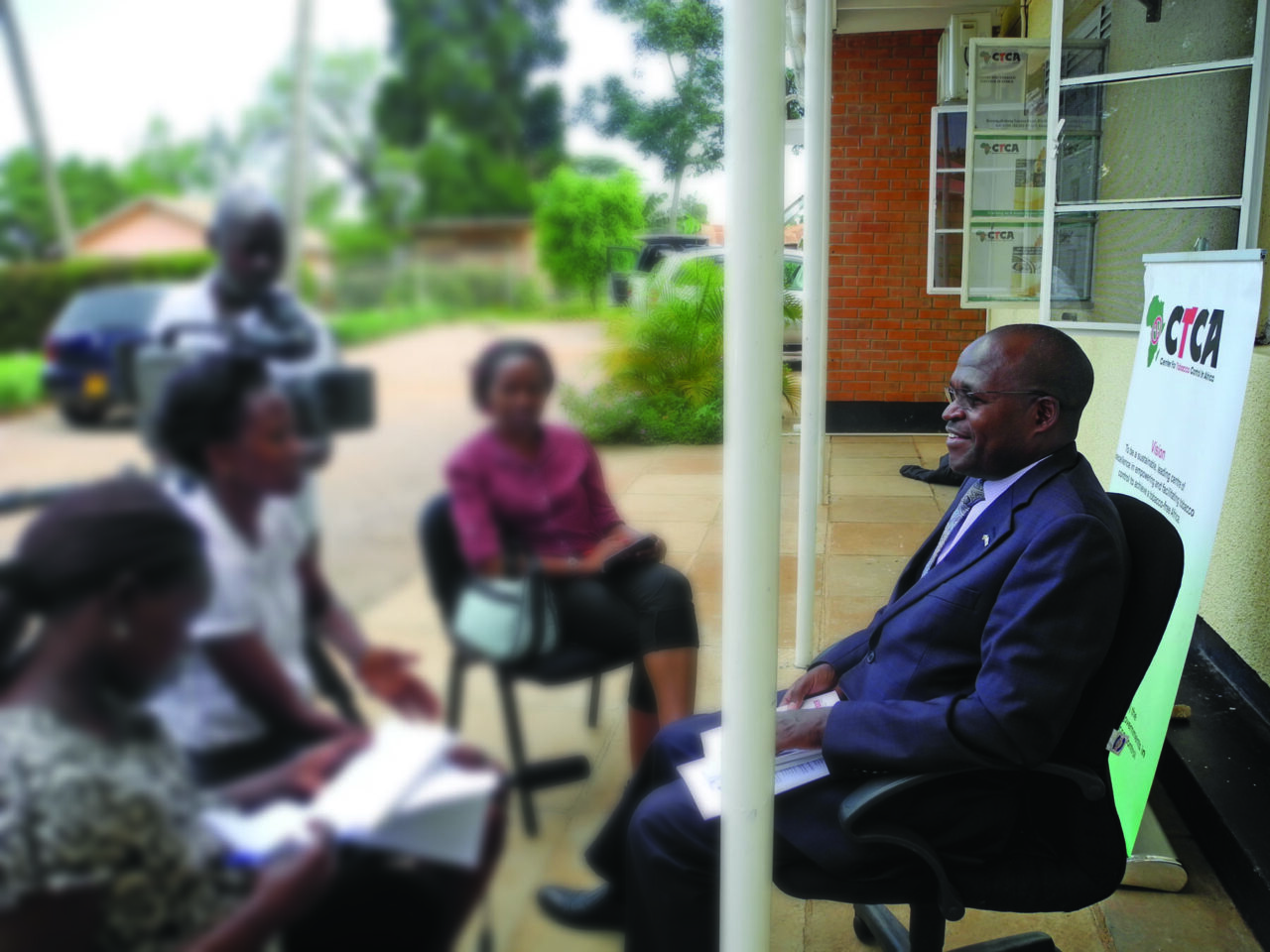
Photo: Jennifer K. Musamba
No one ever said health care management was easy. Dwindling resources are a fact of life, and the workplace can be fraught on all fronts. The International Masters for Health Leadership, an initiative launched by McGill’s Faculty of Medicine and Desautels Faculty of Management, has allowed health care leaders from around the world to share strategies— and learn new ones—on how to overcome the challenges they face each day.
Ever tighter budgets and scarcer resources have long challenged the ability of health care managers to maintain and improve the services they oversee. “Managing is a huge amount of work—something that nobody in the academic world is trained for,” says Dr. Peter Goldberg, head of the Department of Critical Care Medicine, Adult Sites, for the McGill University Health Centre. “But, in fact, I manage doctors and interact with a large group of nurses, respiratory therapists and administrators, not to mention the patients.”
The International Masters for Health Leadership (IMHL) program is helping people like Goldberg meet those challenges. He is one of over 60 graduates of the program, which was established in 2006 by the Desautels Faculty of Management and the Faculty of Medicine as a Master’s of Management degree. Co-founded by renowned management strategist Henry Mintzberg, the IMHL was created with health care managers, physicians, nurses and administrators in mind. It is international in scope, with 16 countries represented in the four cohorts it has graduated thus far.
“The program is hugely beneficial for doctors who have management roles,” Goldberg says. “For me, it was highly valuable.”
The IMHL helped Goldberg hone his interpersonal and problem solving skills, offering effective solutions to issues like workplace tension. By appreciating different perspectives on any given issue, it is more easily resolved. “I put myself in my colleagues’ position and ask, ‘Why would I say no?’”
The program encourages participants to share their experiences and best practices, and collaborate to solve institutional problems.
This is achieved through five modules in which participants explore different aspects of health care leadership: reflection, analysis, worldly perspective, collaboration and action.
IMHL participants all express a similar sentiment—that the program has enhanced their daily practice and helped them use the resources at their disposal more effectively. Graduates also credit the program with giving them more confidence to suggest and implement improvements in the workplace.

“Now I feel comfortable to propose changes,” says Dr. Possy Mugyenyi, Manager of Uganda’s Center for Tobacco Control in Africa (CTCA). “You have to modify your original thinking to accommodate new plans.”
Mugyenyi cites his proposal to adjust the CTCA’s mandate. The organization was committed to only five countries, but Mugyenyi successfully argued that focusing on countries more motivated to control tobacco would be a better use of resources.
Father Samuel Cuarto, a Catholic priest who works with impoverished indigenous communities in the Philippines, says his exchanges with his IMHL colleagues have afforded him a new perspective on global health care. “I have closely observed how the Canadian health care system and that of the National Health Service in the U.K. work,” he says. “The person is of paramount importance. Universal access to health care remains a struggle for us in the Philippines.”
In another Quebec example, a group of students presented its findings about reducing the gap between administration and service delivery to a commission appointed to investigate major issues in the province’s health care system. The presentation led to a meeting with the commission, which had a significant impact on its subsequent recommendations.
The program is all about breakthrough moments like these. “The key is to tap into the creativity, calling and community of people,” Mintzberg says.
For Mugyenyi, that proved invaluable. “It gave me a new perspective on management.”
{JESSICA BERGER}
The part-time IMHL program takes place over 16 months and consists of five 12-day modules; it is designed to accommodate participants’ schedules. Four modules take place in or near Montreal, while the fifth is held in an international location. The next session begins this November. To learn more, visit: http://www.mcgill.ca/imhl.
October 2, 2013
